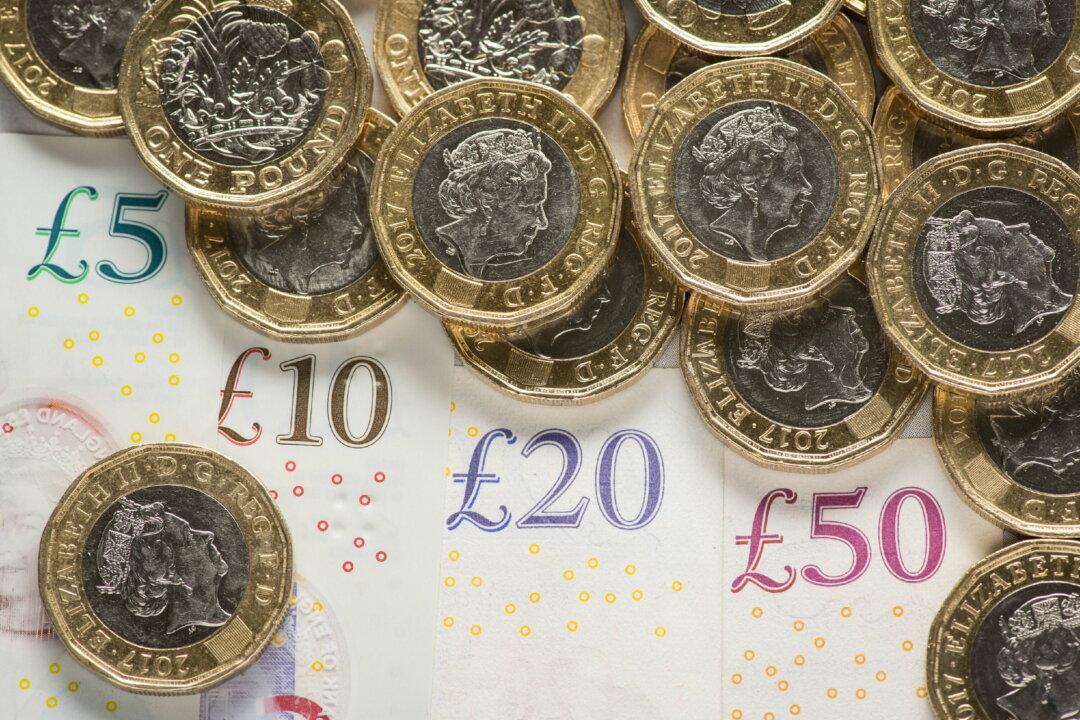The UK economy edged up by 0.1 percent in the first quarter despite an unexpected decline in March, official figures show.
The Office for National Statistics (ONS) said quarterly gross domestic product (GDP) growth was mainly driven by the construction and manufacturing sectors. However, strikes, weak car sales, and repairs contributed to a 0.3 percent GDP decline in March, despite forecasts of a flatlining economy during the month.





